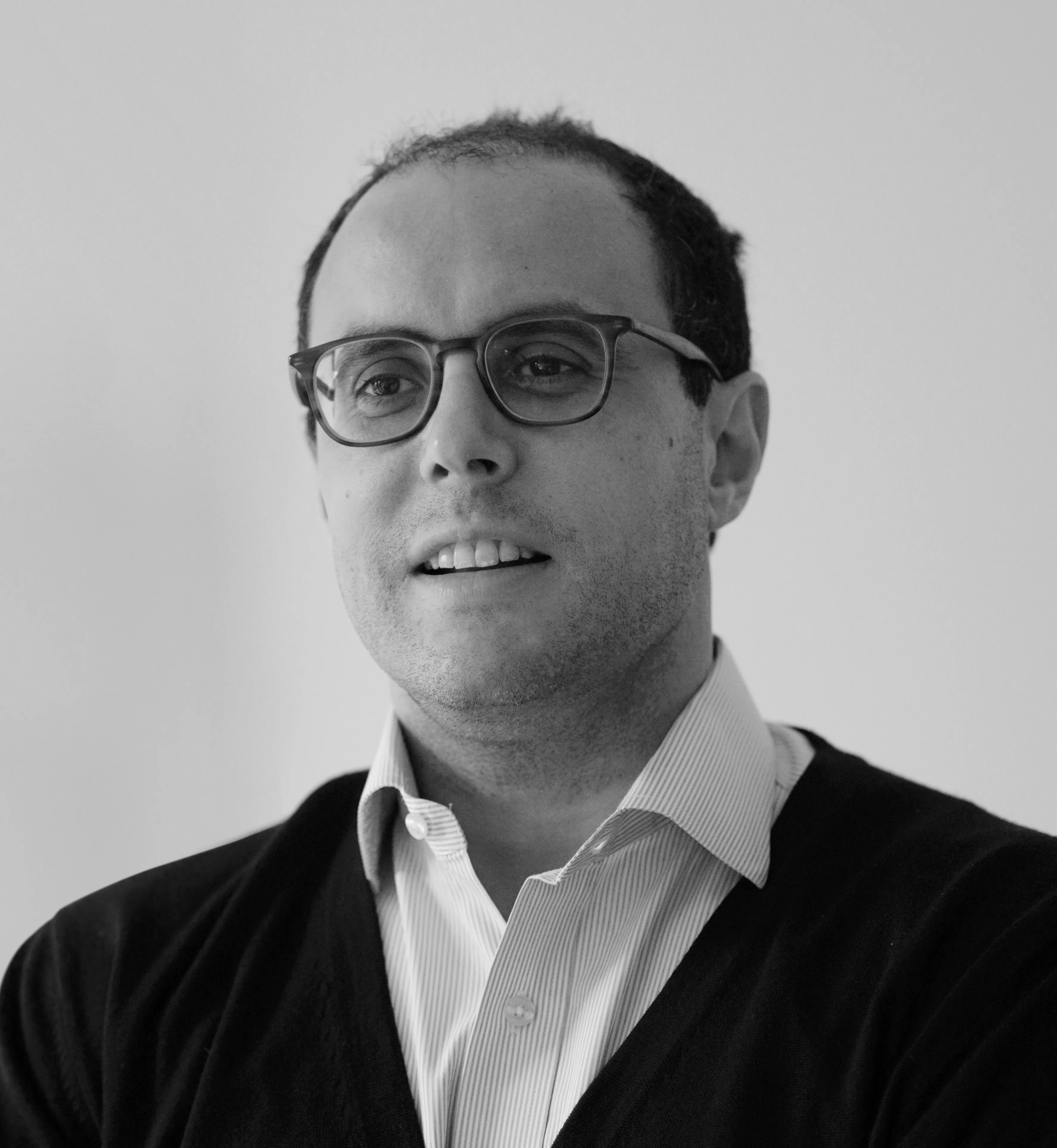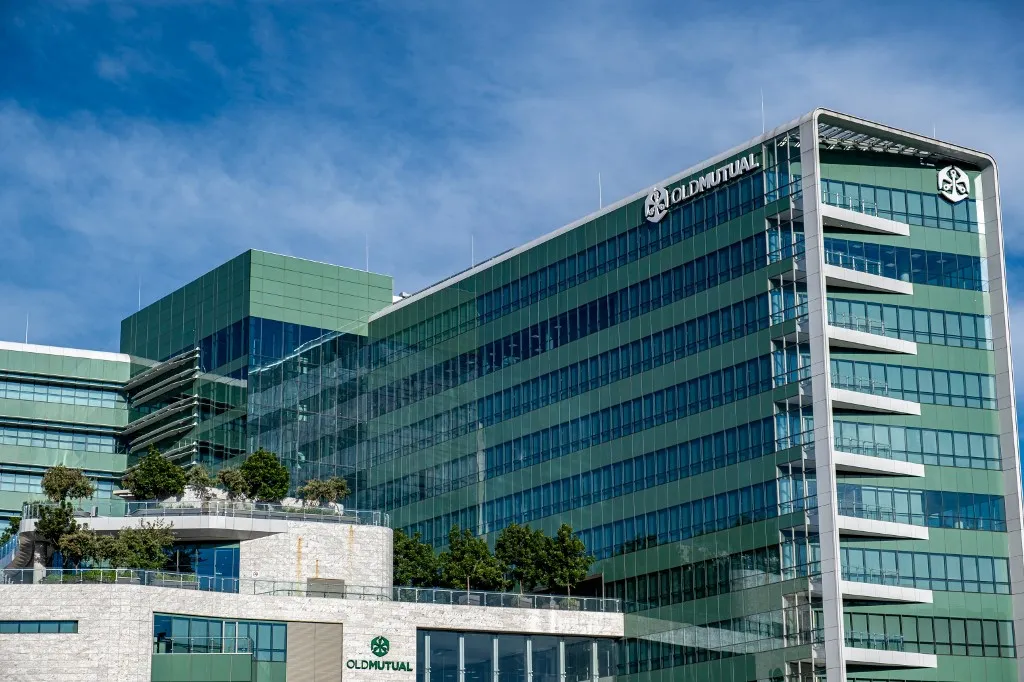Clement Chinaka, managing director at Old Mutual Africa Regions, has good reason to feel sanguine. After a tumultuous period during the pandemic, the insurance business has rebounded. While Covid-19 led to increased pressure on the life insurance business in particular, claims have reduced with the arrival of vaccines and increased immunity.
In addition, tightening prices and a restructuring of the underwriting side of the business have brought increased benefits.
The group ended 2022 with a combined profit of R8.743bn ($467.9m), a 99% increase on the previous year’s performance.
This performance was reflected in the company’s Africa region, which includes markets outside of South Africa, the company’s home and main market.
“We delivered strong volumes of growth in all our lines of business, which helped us to increase the scale of our operations. The new business that we attracted delivered fairly good margins and we are satisfied with that. Again, 80% of our entities returned a profit,” Chinaka reports.
A force to be reckoned with
With interests in insurance, asset management and now banking, and a presence in 12 countries in addition to South Africa in the continent, Old Mutual remains a force to be reckoned with.
Across those countries, the group operates 27 companies, although that number may soon change with mergers and acquisitions.
Chinaka says that this may be necessary across the industry.
“In some markets, we see evidence of overtrading and way too many players, resulting in undercutting in price, which hits margins. So I think there is room for consolidation in those markets, especially in East and West Africa where you can see a lot of the players are not making money in the property and casualty segments.”
Still, Chinaka believes there is room for growth. “About two years ago, when we spoke to investors, I said I wanted to make sure that 90% of our entities are returning profits by the end of 2024 – and we are making progress on that journey.
“We have made some improvements in our businesses in East Africa in terms of management controls, resulting in that region delivering a profit for the first time since 2015.”
Other encouraging news came from the group’s banking operations where focusing on credit risk management and collections delivered results. Similarly, the asset management business continued to grow in 2022.
“On the asset management side, we grew by about 5%, coming from better inflows and improved investment returns.”
Meeting universal needs
Even as the group grows in these different directions, the insurance business remains the beating heart of the operation. The challenge in that industry, especially outside South Africa, is as much cultural as it is structural, says Chinaka.
“People in Africa are no different from people anywhere else in the world. They want to protect their assets; they want to protect their families from untimely death; they want protection from ill health and, yes, they will still need all those in retirement when they can no longer rely on their own incomes.
“These needs are universal, so the question for us is how do you put information [and products] in the hands of the African population in a cost-effective yet profitable way?”
But competition for the insurance sector can come from an unlikely place – the propensity of citizens to utilise informal, social and familial systems to insure against these risks.
Although the nuclear family is ascendant in parts of Africa, the extended family and clan associations can be an option for people in the face of both old age and unpredictable life events such as injury.
Chinaka believes that financial literacy is the key to addressing this and placing Africans in better control of their financial affairs.
Boots on the ground
It is also perhaps why Chinaka is not so sure that technology and the capacity to deliver financial products over mobile electronic devices is quite the disruptor it is touted to be.
“Technology has been helpful in raising awareness and delivering products, especially certain types of simple insurance such as travel insurance, insurance for a gadget and other ‘short term micro’ products,” he argues.
“These can be distributed via technology like USSD and mobile phone apps. It also offers a way for customers to track their portfolios as well as some sales servicing. However, in terms of actual customer acquisition, there is still some way for technology to go.”
For Chinaka, insurance is still a product that is sold rather than bought and will continue to require boots on the ground, operating online but more importantly offline.
This is not to say that Old Mutual is averse to technology. Indeed, it is expanding in exactly that direction with, among other products, Omari, a financial service developed in Zimbabwe and built around and based on the mobile wallet. The group is hoping to take it to the rest of the continent.
“We are looking at other models of delivering financial services to the market,” says Chinaka. “Next176 [which works with startups] enables us to look at the insure-techs and fintechs that are out there in the world and see which ones can help us to solve some of the problems that we are trying to resolve, improve the customer experience and the ways in which customers can access our services.”
The group will then consider partnerships with or acquisitions of these firms to help it deliver better services to its customers.
End-to-end financial services
In more traditional directions, the group is in the process of building a bank in South Africa, part of its desire to provide end-to-end financial services for its customers.
“We want to be our customers’ first choice to sustain and grow in prosperity and that means covering a broad range of financial services – from protection to banking and investments.”
The bank already has some lending operations in Kenya, and Chinaka says that they will continue to explore opportunities of that nature.
Wherever and however customers interact with it, Old Mutual wants customers to have a uniform experience.
This applies even though not all services are available in all markets. In Rwanda, for example, the company does not have property or health insurance products, although they are available in neighbouring Kenya. In South Africa, it does not offer health insurance but that activity does a robust trade in East Africa.
This, Chinaka says, is the rationale behind the re-branding that is currently taking place to bring the different entities under one single brand.
“I think that lack of trust is the reason why insurance as a concept is not as big in some markets and I think that we can help remedy that and restore trust in the industry. That is the whole vision of our brand.”
A major challenge to building continental brands offering seamless experiences is the fragmented nature of the continent’s regulatory environment.
Differing demands on market operators and even the speed with which regulations change within markets affect how companies operate and the services they can deliver.
Chinaka believes that the rapid changes can have some unintended consequences.
“We are having to spend a lot on compliance because the regulations are changing so quickly and so often, which means we have to divert resources from our core business of attracting and retaining customers with superior service – and devote those resources to regulatory compliance.”
More consultation and collaboration between regulators and players would help address this issue.
Similarly, closer collaboration between regulators in the different markets could address the situation where, for example, varying capital requirements mean that liquidity is tied up in one market that could be applied elsewhere.
Risks from sovereign debt to climate change
Another risk to the industry lies in the prevailing macro-economic conditions, more severe in some countries than others. Inflation and the widely applied cure – interest rate hikes – have conspired to drive up the cost of premiums, which is especially troubling in markets where customers are sceptical about insurance in the first place.
Just as significant is the fact that the debt situation means that sovereign debt is no longer the safe bet that it has been perceived to be for a century.
In Ghana, for example, private sector creditors have had to endure “a painful haircut” which, Chinaka says, requires investors to view sovereign investments differently. Another is currency depreciation, which can have a tremendously disruptive impact including on African multinationals.
There is also competition from new entrants, especially non-traditional players such as banks and tech platforms that are muscling in on the insurance market.
Lastly, extreme weather events, brought on by climate change, are a particular nightmare for insurance companies because they inevitably result in increased claims.
All of these require insurance and financial services firms to be ever more inventive, to recalculate risk premiums and to reposition for the new realities.
Chinaka says the board and management fully embraces the challenge. “There is a lot of work to do in the African continent and so we need to gather assets to invest in Africa. We can only succeed as Africans if we do this ourselves and the financial services sector can help do that by harnessing resources and making it available for investment in Africa. If we don’t do that, we will have to remain reliant on other continents and that is just not sustainable.”
Want to continue reading? Subscribe today.
You've read all your free articles for this month! Subscribe now to enjoy full access to our content.
Digital Monthly
£8.00 / month
Receive full unlimited access to our articles, opinions, podcasts and more.
Digital Yearly
£70.00 / year
Our best value offer - save £26 and gain access to all of our digital content for an entire year!

 Sign in with Google
Sign in with Google 



